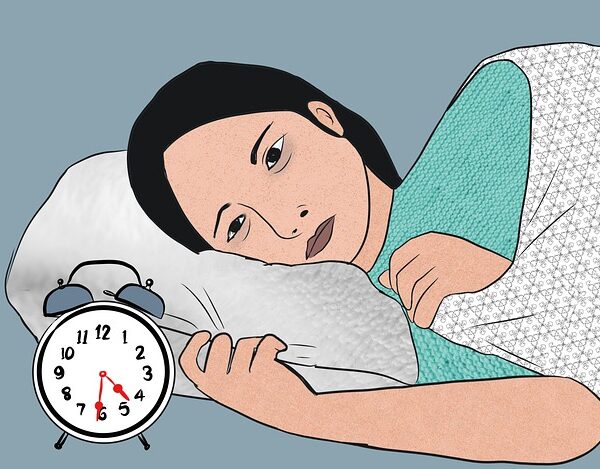Sleep is an essential part of our daily routine, and it plays a crucial role in our overall health and well-being. It is during sleep that our body repairs and rejuvenates itself, and lack of sleep can lead to a host of health problems. Sleep quality refers to the degree to which an individual’s sleep is restorative and refreshing. It is not just about the number of hours slept but also about the quality of sleep experienced.
Benefits of Improved Sleep Quality
 Improved sleep quality has numerous benefits for our physical and mental health. A good night’s sleep can improve mood, increase energy levels, boost productivity, and enhance immune function. Poor sleep quality, on the other hand, can lead to a range of health problems such as obesity, diabetes, heart disease, and depression.
Improved sleep quality has numerous benefits for our physical and mental health. A good night’s sleep can improve mood, increase energy levels, boost productivity, and enhance immune function. Poor sleep quality, on the other hand, can lead to a range of health problems such as obesity, diabetes, heart disease, and depression.
Identifying Poor Sleep Quality
There are several signs that indicate poor sleep quality. These include difficulty falling asleep or staying asleep, waking up frequently during the night, feeling tired or groggy upon waking up in the morning, and experiencing daytime fatigue or drowsiness. Factors that can affect sleep quality include stress, anxiety, poor sleep habits, an uncomfortable sleeping environment, and certain medical conditions.
Natural Strategies to Improve Sleep Quality
There are several natural strategies that can help improve sleep quality. Creating a sleep-conducive environment by keeping the bedroom cool, dark, and quiet can help promote better sleep. Relaxation techniques such as meditation and deep breathing can also help calm the mind and promote relaxation before bedtime. Using aromatherapy with essential oils such as lavender or chamomile can also help promote relaxation and improve sleep quality. Incorporating natural sleep aids such as melatonin or valerian root can also be helpful for some individuals.
Creating a Sleep Routine
Establishing a consistent sleep schedule is important for improving sleep quality. Going to bed and waking up at the same time every day can help regulate the body’s internal clock and promote better sleep. Establishing a bedtime routine that includes relaxing activities such as reading or taking a warm bath can also help signal to the body that it is time to sleep. Avoiding sleep disruptors such as electronics and caffeine before bedtime can also help improve sleep quality.
Diet and Exercise for Better Sleep
Diet and exercise can also play a role in improving sleep quality. Consuming foods that promote sleep such as cherries, kiwis, and almonds can be helpful. Regular exercise has been shown to improve sleep quality, but it is important to avoid exercising too close to bedtime as it can interfere with sleep. Avoiding foods and activities that can negatively affect sleep such as alcohol, nicotine, and heavy meals before bedtime is also important.
Wake Up Refreshed
In conclusion, prioritizing sleep is essential for overall health and well-being. Improving sleep quality has numerous benefits for our physical and mental health, and there are several natural strategies that can be used to achieve this. Creating a consistent sleep routine, establishing a relaxing bedtime routine, and avoiding sleep disruptors are all important steps in improving sleep quality. By making these changes, individuals can wake up feeling refreshed and ready to tackle the day ahead.











